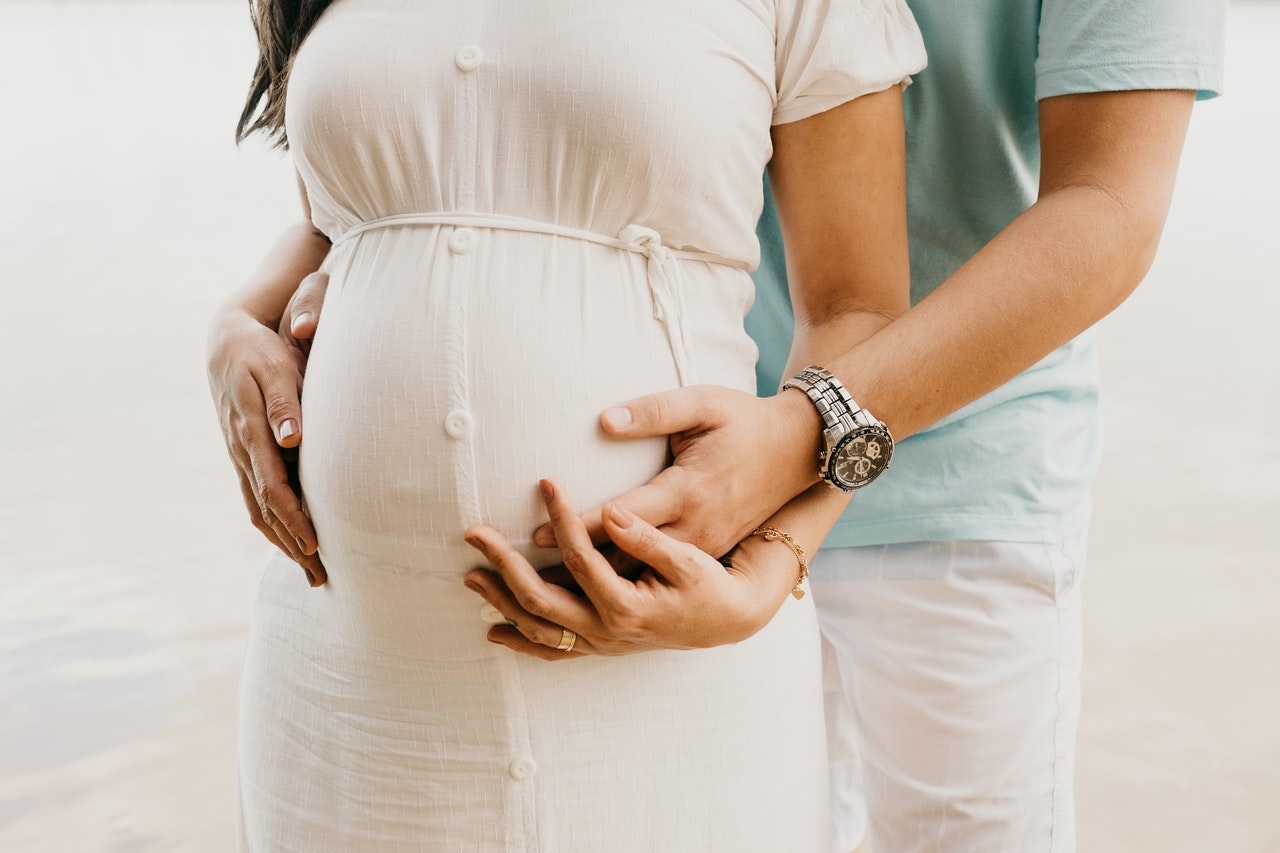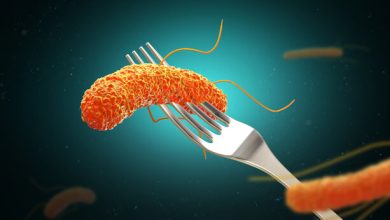Ideal Age for Pregnancy: Conceiving in the 20s or 30s

The ideal age for pregnancy eludes consensus. A mom in her 20s shows greater resilience against health complications and the demands of baby care. In her 30s, a pregnant woman has no qualm about her career and is imbibed with a strong spirit of self-dependency and better preparation.
Getting pregnant is a personal choice and the ideal age for pregnancy is a matter of preference. However, the biological indicators of the human body play a part too and no pregnant woman can ignore them. But there is no universal observation in black and white. While women in the 20s face pregnancy complications many in their 30s and 40s give birth to healthy babies.
All these bring into the picture the role of a woman’s physical ability and her perspective on getting pregnant and catering to her child. It is true that age, fertility, and maturity have no proportional relationship, and lifestyle has a bearing on these too. Still, there are certain common observations about pregnant women across different age groups. This helps in guiding many to select their ideal age for pregnancy based on choice and family considerations.
The Ideal Age for Pregnancy: A Mom in the 20s
The Body
A woman’s body in her 20s is strong, energetic, and able to withstand the effects of physically demanding responsibilities. Fertility is on the higher side when considering the 20s as the ideal age for pregnancy. Only one in 10 faces trouble in conceiving when in their 20s. More energy allows the ability to have a good chance of normal delivery. With the first child in her 20s, a woman has the chance of more children in the years to come.
The Health
With a resilient body, the mother is less vulnerable to hypertension, diabetes, and other pregnancy-linked complications. With skin yet to lose its fascia and collagen, you may easily get back into the shape and without bothering about stretch marks. Becoming a mother in this age group is also associated with fewer chances of breast and cervical cancer.
The Psychology
A young mother may lack life experiences in many areas. Her maturity level is also not usually high enough to tackle various issues. Most of the new moms found themselves unqualified to handle the pressure of the new responsibility. It is not uncommon to see them struggle to balance breastfeeding with family tasks. The stress is more likely to result in family and marital problems. If the childbirth leads to loss of career, this could cause heightened psychological dissatisfaction. Social disconnection may be a common fall out.
The Career
Young mothers have to compromise on career prospects. They may not get the chance to exploit opportunities beckoning, as they are bogged down in caring for their children. A sense of loss to friends, peers, and colleagues hunts them throughout life. This may cause a bitter feeling toward the child. Their aspirations may not be able to go beyond the family level and capitulate to the demands of motherhood.
The Baby
A mom in her 20s is expected to have healthy babies without any major issues under normal situations. The baby is also less vulnerable to the chromosomal abnormality. She has more possibility of a normal delivery. The baby has more time to grow up with grandparents and older kith and kin and learn from them. This translates to more years for the child to feel loved and better family care.
The Ideal Age for Pregnancy: A Mom in the 30s
The Body
In the 30s, the body is not as strong as it was in the 20s. The difference lies in the optimal level of fitness, strength to support a normal delivery, and the ability to lose weight following childbirth. A woman considering her 30s as the ideal age for pregnancy needs to be more careful. Apart from a good pregnancy diet, she must be more mindful of her wellness while being pregnant.
Normally, fertility begins to take a gradual hit in the 30s, though a good lifestyle helps it to arrest or slow down. By the time a woman reaches the age of 35, she has a higher chance of requiring medical assistance to conceive. The incidence of cesarean delivery is also two-time higher in this age group. You may also have to wear more body-conscious clothing, as it is not easy to get back into the shape soon.
The Health
When selecting the 30s as the ideal age for pregnancy, a woman needs to pay more attention to avert the threat complications during pregnancy. She is more vulnerable to hypertension and gestational diabetes at this stage of life. The preexisting lifestyle stress may add to the tricky situation, where the body feels the hit of hormonal changes.
The physical stamina may lack in responding to intensified demand for child care. As a result, post-childbirth health is likely to take a hit unless vigilantly protected.
The Psychology
With a higher level of maturity, greater life experience, and better career satisfaction, you are well prepared to welcome your child. You could be the most wonderful mother if you can carry forward the youthfulness of the 20s and integrate it with the emotional maturity of the 30s. You are well established in life and career. With no burden, better finances, and well-planned pregnancy, you stand to gain. The child will grow with better care and without any psychological distress on your part. You are able to handle stress and social connections in a better way. With strong martial bonds, you have few chances of a family dispute arising out of the stress related to motherhood. A mature partner is more willing to understand and share your responsibility in a better way.
The Career
For a career woman, the 30s is the ideal time for pregnancy. With an established career, she is stronger both financially and emotionally. There is no guilt losing opportunities and worry of being at the crossroads of professional life. You take leave for a few months and then return to continue with your profession.
The Baby
With more chances of complications in the 30s, the baby needs enhanced prenatal care. C-section delivery is a better option at this stage. A mother in her 30s is more likely to be strained by the differential needs to care for her child and cater to her aging parents or in-laws. Grandparents may not be able to assists in the daily care of the child.
In the early 30s, the miscarriage rate is marginally higher. But it increases to 12 percent by the time a woman turns 35 and grows to 18 to 20 percent in the late thirties. The risk of Down syndrome also rises mildly after 30 and sharply after 35 years of age. Stillbirths are more common when women are giving birth to babies in their late 30s.
A healthy woman is certain to give birth to a healthy baby. The pregnancy differences are more pronounced when we compare the early 20s with the late 30s that’s why most surrogacy agencies have their surrogate qualifications criteria for candidates bellow 30. The ideal age for pregnancy can best be when a woman is in her late 20s or early 30s depending on her choice. Research indicates pregnancy is desirable prior to the age of 35. Still, your lifestyle, health, and physical condition play a role and the final choice rests with you.



